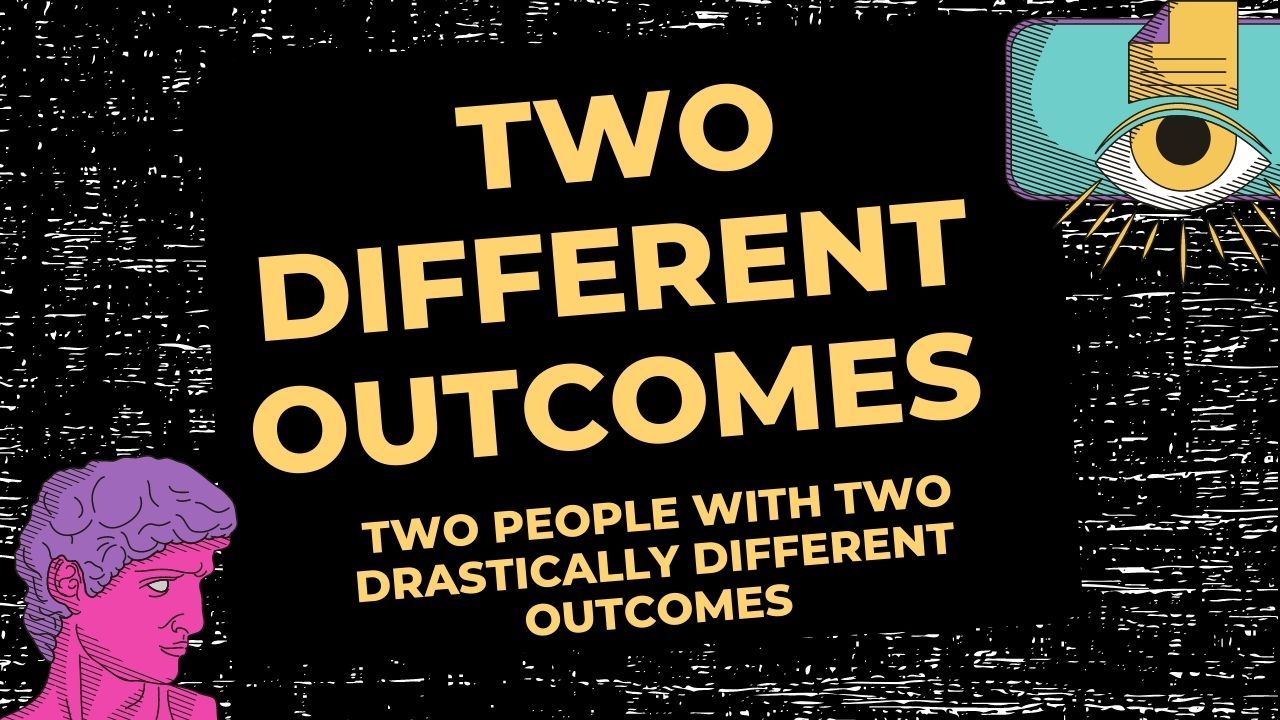
How Many Times Should You Follow-Up?
Mar 18, 2023What would you do in these two scenarios?
PERSON A: Fills out your inquiry form and after an email exchange, books a call. They come back later and tell you they made a mix up, double-booked themselves, and need to cancel it.
PERSON B: DMs you, expresses interest, says they want to sign-up, but then comes back later saying they're having second thoughts.
How many follow-ups would you send in each situation before giving up?
Both of these examples are real, and they ended in drastically different results. I'm not going to try and tell you there is a "right" or a "wrong" number of follow-ups.
Nope.
But I will share what happened in these two particular scenarios. In both cases, I followed up with the person twice. That's because they'd expressed genuine interest and I was confident that I could help them.
The outcomes?
PERSON A - asked me to no longer follow-up with them.
PERSON B - ended up signing up and these days they're doing $100k months.
I'm definitely not saying every person I work with will eventually do $100k months. A rare few ever make it to that level. Period.
But because of what happened with Person B...
I follow-up with people at least twice when they've expressed genuine interest and I'm confident I could help them.
Sales and enrollment pros will often say that you follow-up until the person says "no thanks" or "not now" to avoid having any open loops. Yes is great. No is great. But being stuck in uncertainty because you didn’t follow up is bad.
How Do You Do Genuine Follow-ups Without the Ickiness?
1. Shift Your Thinking Around Following Up
If what you have to offer can truly help them transform their life, body, relationship, business, career, organization, or finances, which we know will also boost their confidence and change how they're showing up in all other areas of their life, then you following up is genuinely an act of service. Period. You're not following up because you're some slimy sales person. You're following up because they are in pain, want change, desire different results and you have the ability to help them.
2. Tell Yourself a Story That Serves You
Don’t assume that silence is rejection. People have a lot on the go: Filing their taxes, groceries, fixing that thing around the house, laundry, dental appointments for the kids, visiting their parents, making time for exercise, and the 376 things they need to do for work. If you’re going to fabricate a story in your head about why they haven't yet got back to you, you might as well create a story that serves you. Assume they’re busy.
3. Personalize and Continue to Give
Make every follow up personalized and find ways to keep being of value. How? You can mention things that specifically came up in your conversations, send them voice notes, or even video messages. You can invite them to a workshop you're hosting, share a book or podcast recommendation, or give them a tool, template, or worksheet from your program.
4. Be Friendly, Sincere, and Lighthearted
You're building a relationship, not looking to "guilt them into saying yes". So don't bother mentioning your previous follow-ups or say anything that's going to make them feel guilty. Keep it fun, friendly, and easy-going.
Now go genuinely follow up with the folks who've expressed interest so you can help more people.
See you next week.
________________
Want an easy read that will inspire you?
The most common comment re: my book? "I couldn't put it down."
You can check it out here.
Looking for a mentor to help you unlock "what's next?"
I work with a limited number of people 1:1 and have one slot opening in April.
Inquire to work with me here.
How I'm Getting 25 Coaches to $100,000 a Year in 2025
Without Pitch-Slapping Strangers, Posting Content Everyday, or Working 12 Hours a Day
I'll never share, sell, or do any other shady nonsense with your information. Nope. I'm not down with that.

